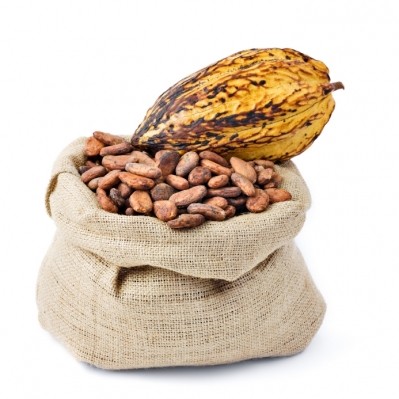Ivory Coast cocoa trade resumes but credit issues remain, analysts
“Cocoa exports have begun in modest volumes at the main Ivory Coast port of Abidjan showing beans can now be shipped out, but the domestic financial sector is still not up to previous levels suggesting credit during the mid-crop could be an issue,” said the Dutch group.
The uncertainty about how much of the Ivory Coast mid-crop will make it to the market has kept cocoa prices high.
“Prices are up 13 per cent since the start of April on bargain hunting and end user buying,” said Rabobank in its weekly report on the factors driving global agricultural markets.
Ghana crop
Cocobod, the state cocoa buyer in Ghana, has that announced bean purchases to 14 April were up 49 per cent from the previous season.
The country, said the review, has had an exceptional crop, but Rabobank notes that “much of the increase is likely a result of smuggling from Ivory Coast.”
The commodity analysts said that Indonesian cocoa exports for April dropped 86 per cent as an export tax, which was increased to 15 per cent, crimped shipments.
“In May, the tax will fall to 10 per cent, which may spur more exports,” reports the Rabobank team.
Sugar decline
The analysts also note that world sugar prices have fallen in the past week with both the white and raw contracts lower with improved sentiment for the Thai crop coupled with the fact that the Brazilian supply has started to reach the market.
“The Thai crop forecast continues to expand with some now pegging it at over 10 million tonnes, significantly higher than the 6.8 million forecast at the start of the season,” report the commodity experts.
However, Rabobank notes that while fears that the Brazilian government could implement a sugar export tax in order to encourage domestic ethanol production seem to have dissipated, concerns remain about the competition between ethanol and sugar which could limit output of the sweetener in the future.
The team also reports that delayed beet plantings in the US are a concern and could lead to higher prices and that cold and wet conditions in the Northern US are slowing sugar beet plantings.
















